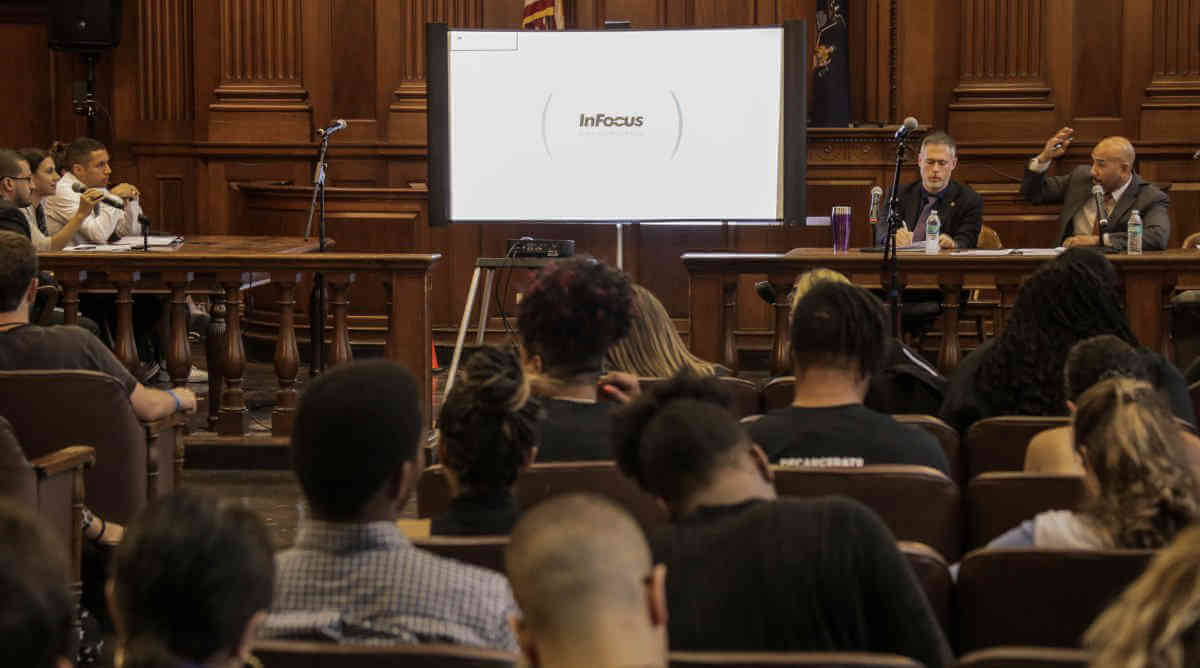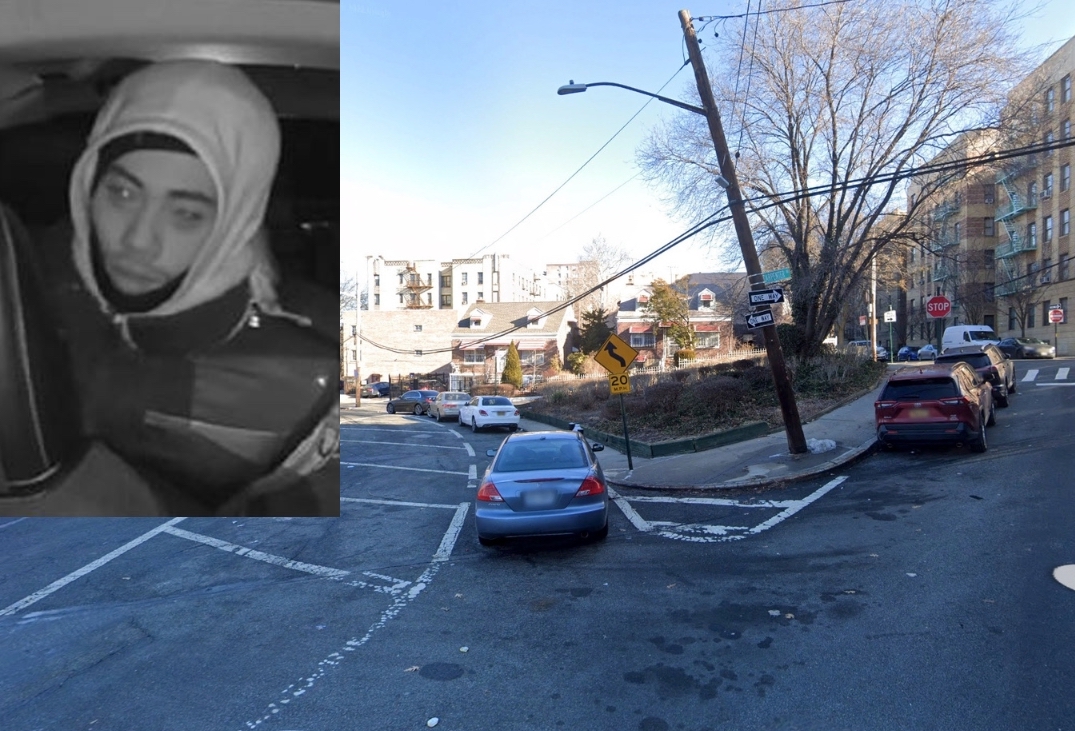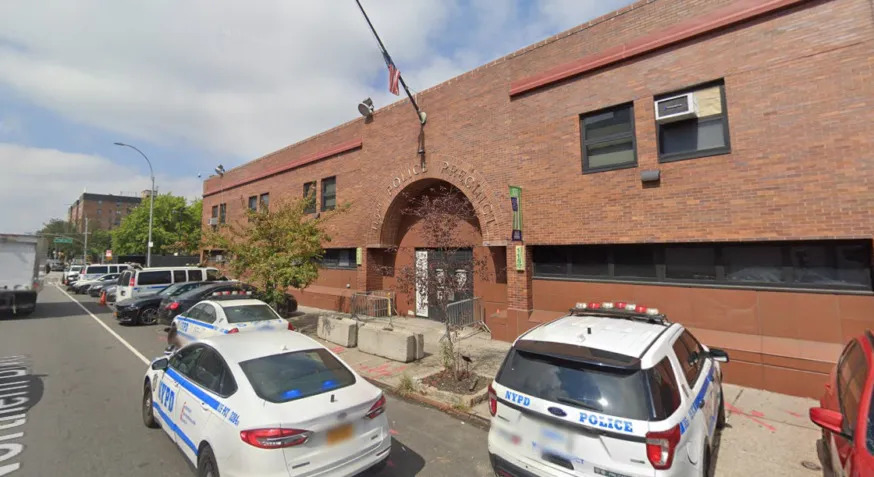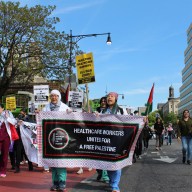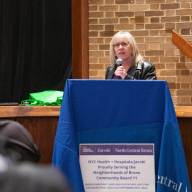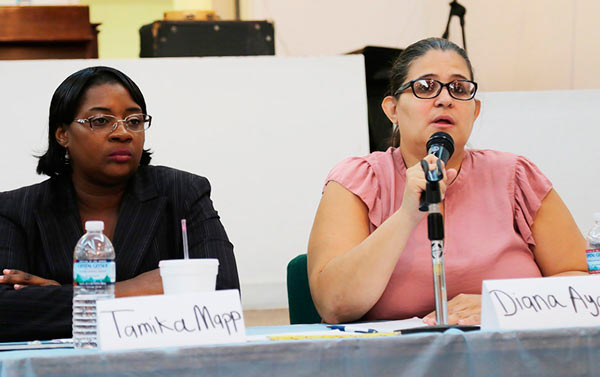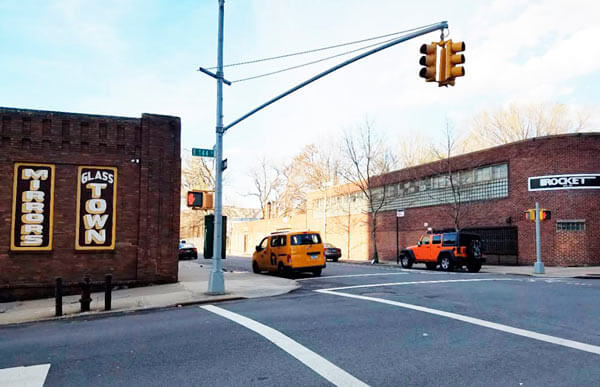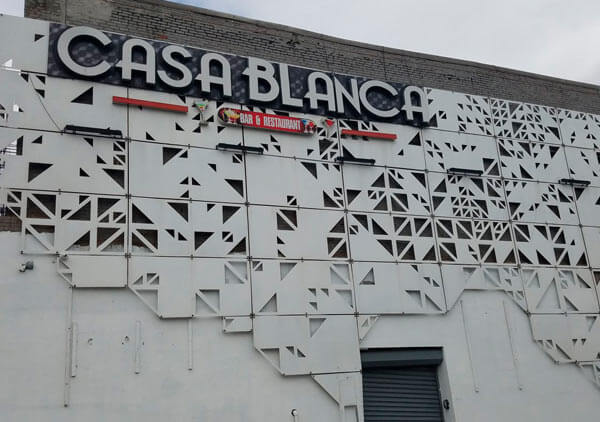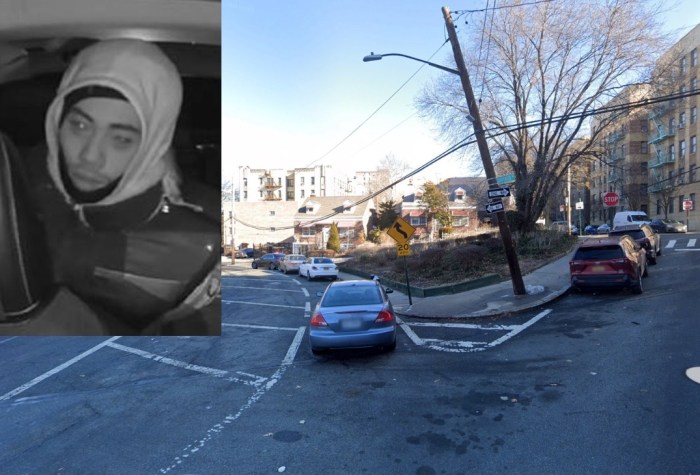Just about every stakeholder in the ongoing battle to stop the Mott Haven jail showed up to Borough President Ruben Diaz, Jr.’s hearing at the Bronx County Building on Tuesday, June 25.
Currently the site is a NYPD tow pound at 320 Concord Avenue, which the city intends to clean up to construct a 24-story, roughly $2 billion jail as part of the planned replacement of Rikers Island with smaller prisons in four out of the five boroughs, which are expected to be ready by 2026, the Mayor’s Office of Criminal Justice deputy director Dana Kaplan explained at the hearing.
Besides the anticipated 4,000 to 5,000 jail population decrease at city prisons, most facets of the updated borough-based jails Uniform Land Use Review Procedure, which includes community amenities like affordable housing for the Bronx site, hasn’t changed since it was first introduced to the public on Thursday, April 25.
Diaz’ first question to Kaplan and staff asked why his site recommendation next to the Bronx Hall of Justice on East 161st Street has been ignored by the city.
Specifically, he wanted to utilize the underused portions of the Bronx Family Court annex to build the prison facility.
Kaplan said that doing so would require the structure to be built even taller and in an awkward ‘zig zag’ like configuration that would create a whole slew of site issues.
Diaz criticized other components of the city’s plan, stating that the Mott Haven location’s massive size is uncharacteristic of the neighborhood, which consists of 3-story row houses, low lying manufacturing plants and other six-story apartment structures.
“Is this going to be our skyline?” he questioned.
He countered that placing a facility on East 161st Street, even one that exceeds 24 stories, would blend in better with the already existing 20 plus story structures near Grand Concourse.
Diaz and the mayor’s office were not the only two entities offering testimony at the public hearing.
Both opponents and supporters for the borough-based jail spoke deep into the night, many sharing personal experiences with what they called ‘horrors of Rikers Island.’
Reverend Wendy Calderon-Payne and her supporters from the non-profit Bronx Connect argued that they don’t necessarily agree that Mott Haven is the optimal placement of a facility, but could be the only opportunity to see Rikers Island closed down.
“There’s no guarantee (to close Rikers) from a new mayoral administration,” she said.
Leading the opposition was Alrine parks, CEO of Diego Beekman Mutual Housing, which will surround the jail when built.
She and Beekman had a plan to purchase the tow pound land from the city and create mixed income housing to help revitalize Mott Haven.
“We are losing middle class families. We are a community of low-income people and we are again being punished,” Parks said, indicating disastrous years of the 1990s when that portion of Mott Haven was overrun by drug dealers and serious crime.
“We need those two billion dollars to fix our schools and make the Cypress Avenue station safer and so much more, but instead it will be used to punish our community,” she said.
Both sides collectively agreed on one thing: that closing Rikers Island and the Vernon C. Bain jail barge in Hunts Point are the right thing to do. Kaplan said that her office “does not believe that the barge meets reform goals,” while Diaz called Rikers “a stain on the soul of New York City.”
The NYC Council is expected to vote on the entire city jail plan in the fall.

